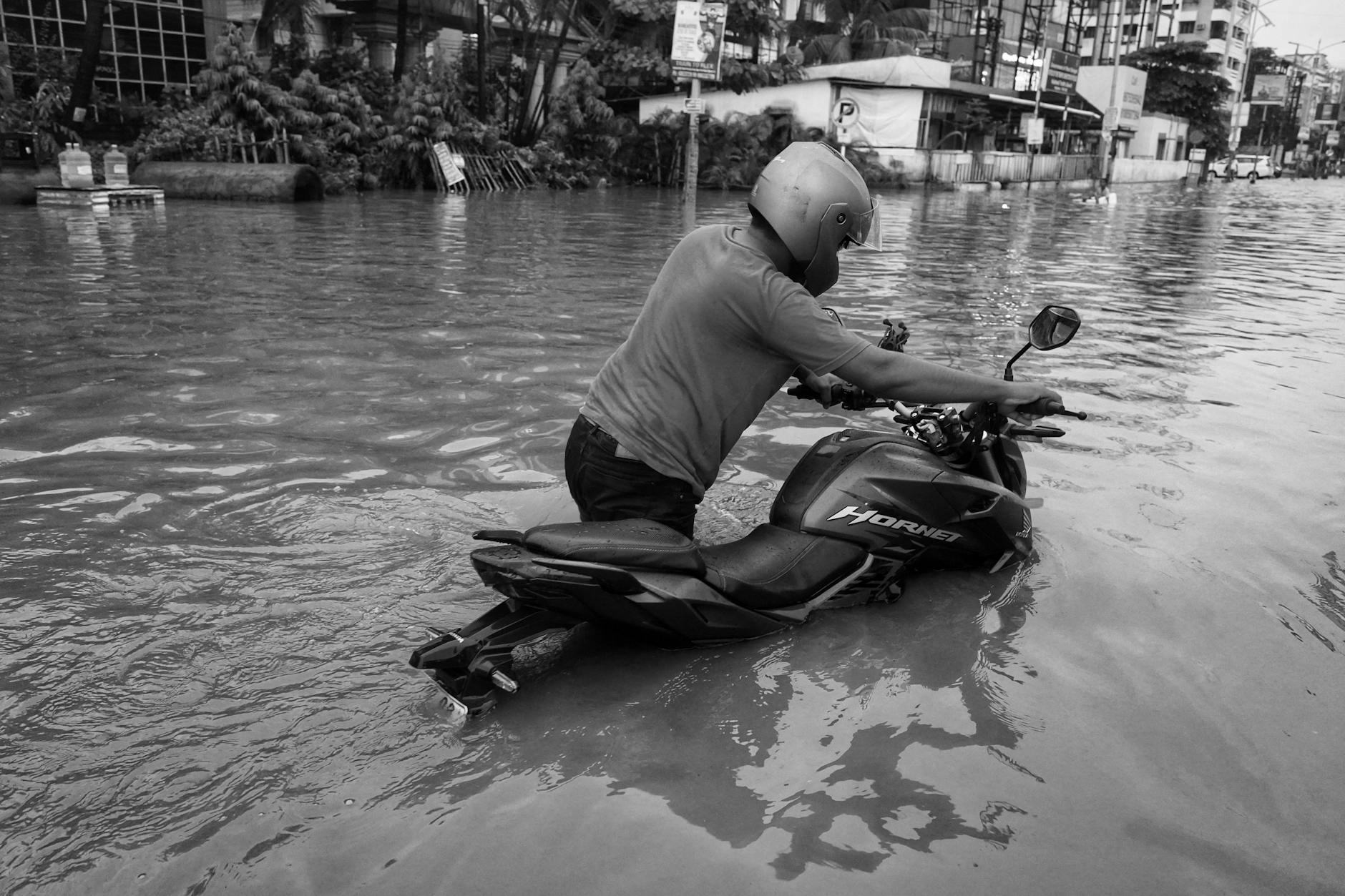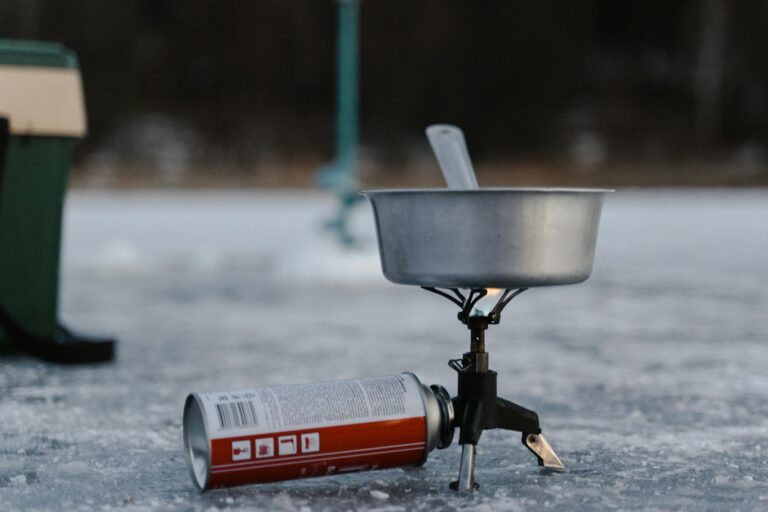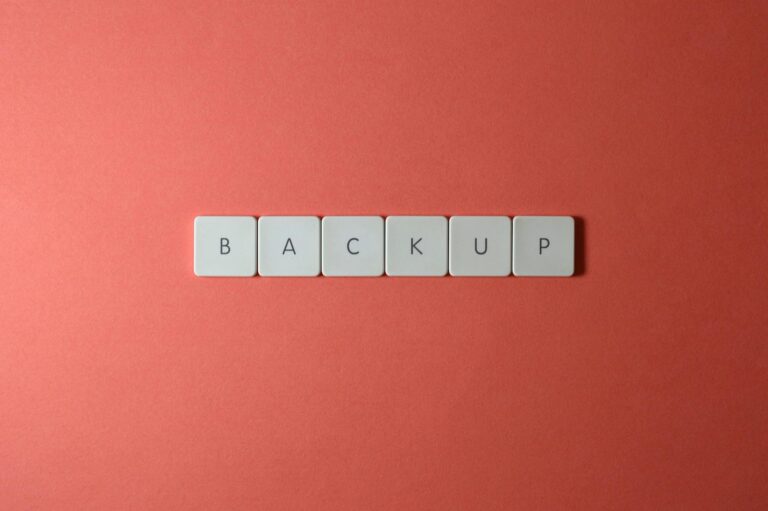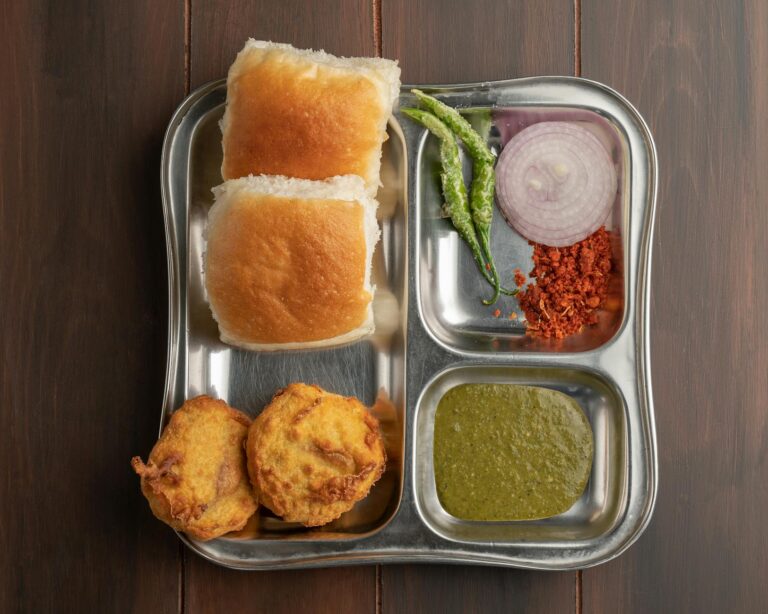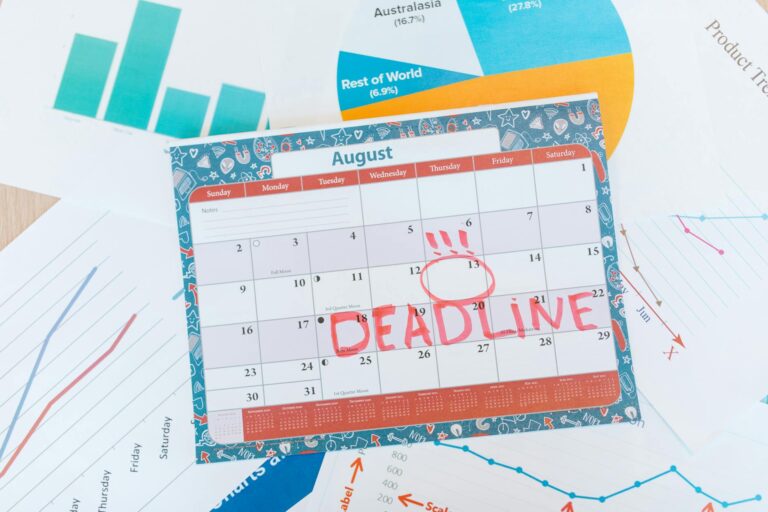West Asia’s Messy Conflict & What It Means for India
Let’s Break This Down
So here’s the thing—when Israel and Iran start throwing punches, the whole world feels it. But for India? This hits way closer to home than most realize. We’re talking about the region that keeps our lights on (literally, given our oil addiction) and our foreign policy team sweating bullets. The timing couldn’t be worse—just when inflation was starting to behave, oil prices might go haywire again. But here’s the kicker: crises like this force change. The question is whether India’s ready to grab the opportunity or just ride it out like always.
Walking the Diplomatic Tightrope
Israel vs Iran: India’s Awkward Position
Man, this is complicated. On one hand, Israel’s basically become our go-to guy for defense stuff—drones, missile tech, you name it. Remember that 2016 deal? Game-changer. But then there’s Iran—Chabahar Port is our golden ticket to Afghanistan and Central Asia without going through Pakistan. And let’s be real, we can’t afford to pick sides. One wrong move and suddenly we’re annoying everyone from Washington to Moscow.
The Global Pressure Cooker
Here’s where it gets messy. The West wants us to call out Iran, but BRICS buddies are all “chill out, guys.” Meanwhile, the Gulf states are watching how we play this. It’s like being at a family wedding where two uncles are fighting—you gotta smile at both while secretly hoping no one asks your opinion. Our G20 “voice of the Global South” image? Yeah, that’s getting tested big time.
Oil Prices & Our Empty Wallet
Why We’re Addicted to Middle Eastern Oil
Okay, quick reality check—three out of every five oil tankers heading to India come from West Asia. If things go south (like, Strait-of-Hormuz-standoff south), we’re looking at $100+ oil. Again. Feels like 2022 all over, when Russia-Ukraine sent prices soaring. And guess who ends up paying? All of us at the petrol pump.
Economic Domino Effect
Every ten-dollar jump in oil prices? That’s another $15 billion hole in our trade deficit. And inflation—already stubborn—will get worse. Transport costs shoot up, factories cut back, the rupee takes a hit… you know the drill. Honestly, it’s exhausting how quickly this stuff spirals.
What Can We Actually Do?
Diversify or die, basically. Russia’s been a lifesaver with cheap oil, but those payment workarounds won’t last forever. Africa’s got potential, but the infrastructure’s shaky. Solar energy? Should’ve pushed harder years ago. The thing is, we keep having this conversation after every crisis instead of before.
Hidden Opportunities in This Mess
New Trade Partners Needed
Time to get serious about Central Asia’s gas and ASEAN markets. Remember that IMEC corridor plan? Got stuck in paperwork, but now it looks genius—an alternative route if shipping lanes get dicey. Classic case of “we should’ve done this yesterday.”
Homegrown Fixes
Our oil reserves last about… nine days? Pathetic, right? The IEA recommends ninety. And don’t get me started on energy waste—half our buildings leak AC like sieves. Quick wins: more EV charging stations, maybe finally get that green hydrogen push moving.
Playing Peacemaker?
Here’s a thought—what if India mediates? We’ve got decent ties with both sides, and let’s face it, the world could use more neutral voices. Plus, Chabahar becomes even more strategic if Afghanistan stabilizes. Long shot, but worth trying.
History Class: What Past Crises Taught Us
1973 Oil Shock Flashbacks
My dad still talks about the ’73 crisis like it was economic doomsday—lines at petrol pumps, factories shutting down. We swore we’d never be that vulnerable again. And yet… here we are, still importing 85% of our oil. Some lessons take generations to learn, I guess.
China’s Chess Moves
You gotta hand it to them—selling drones to Iran while doing tech deals with Israel? That’s some next-level diplomacy. India could take notes on playing both sides without getting burned. Especially with Gulf money flowing into Chinese projects while we’re still debating paperwork.
What’s Coming Next?
Next 6 months: Buckle up for oil price rollercoasters. We’ll probably beg Russia for more discounts while quietly texting both Tehran and Jerusalem.
Next 5 years: If we’re smart—bigger oil reserves, serious renewable investments, new trade deals. If not? Same old scramble when the next crisis hits.
Bottom line: Businesses need to lock in fuel contracts now. And policymakers? Stop treating emergencies as surprises—they’re the only time reforms happen.
Final Thought
This Israel-Iran fight exposes all our weak spots—oil dependence, shaky diplomacy, slow decision-making. But here’s the thing about India: we’re at our best when backed into a corner. The 1991 reforms happened during a crisis. Maybe this time we’ll finally get serious about energy security before the house is on fire.
Surviving storms is one thing. Learning to build better boats? That’s the real test.
Source: Livemint – Opinion




